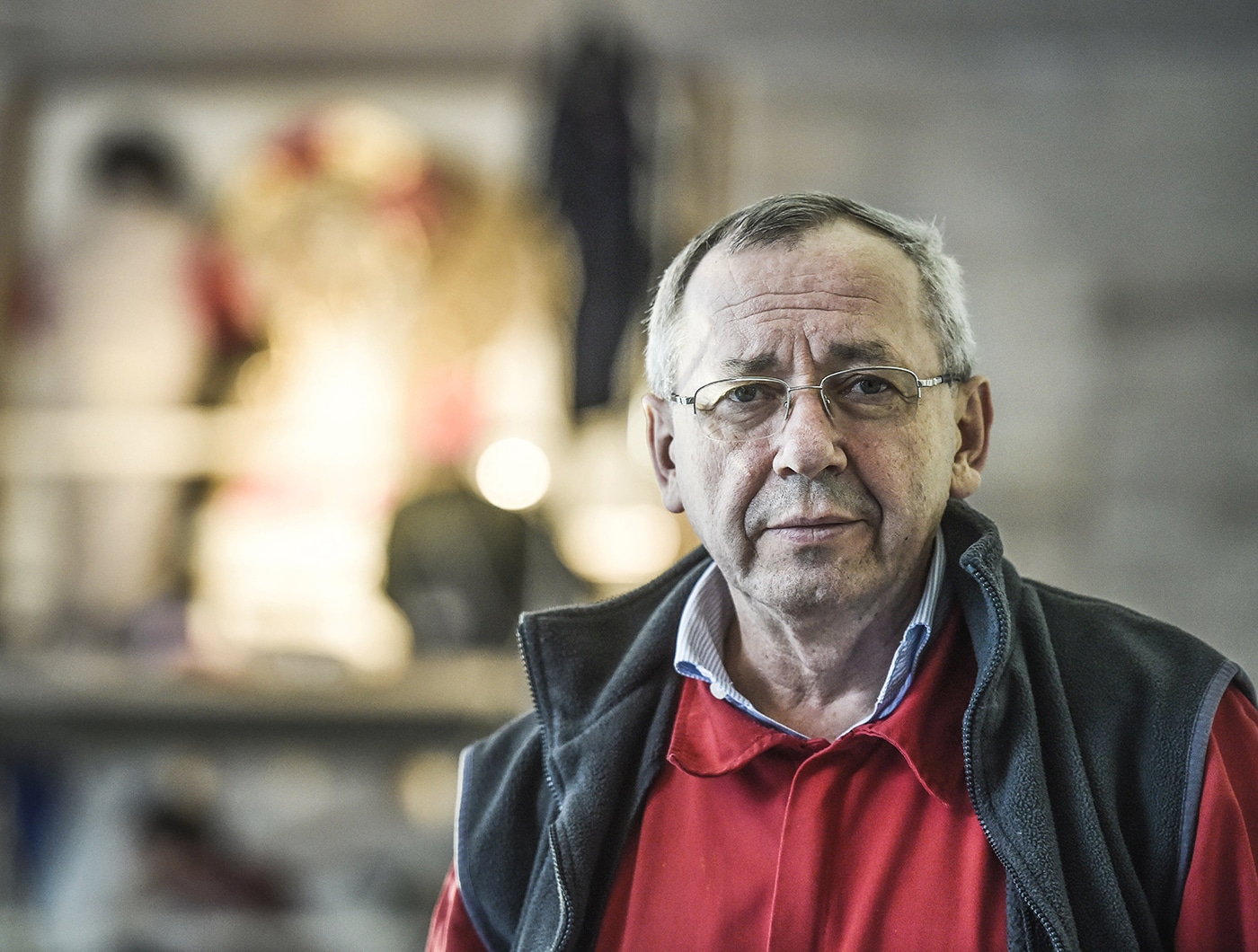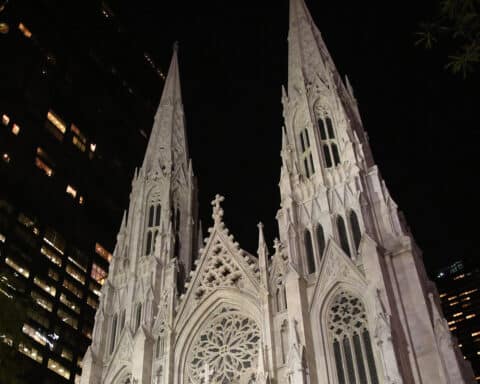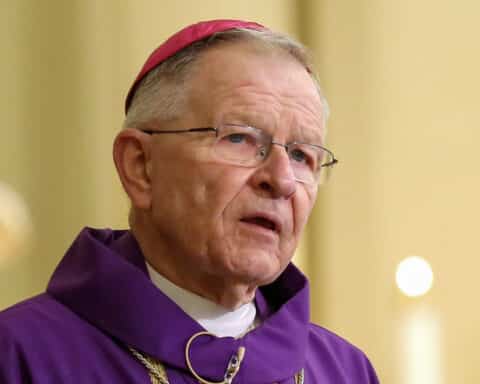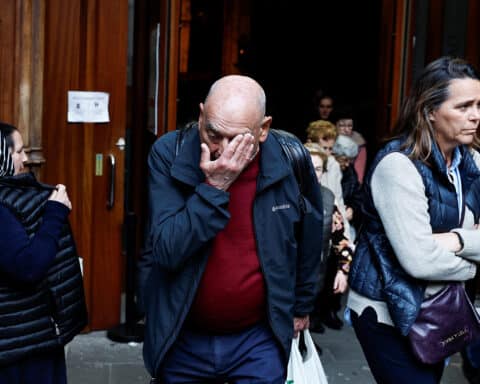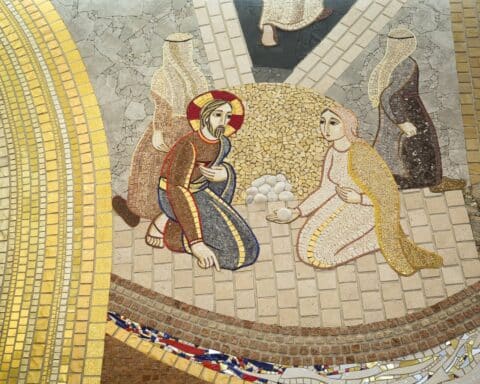Last December, when news started to come to light about the “very highly credible” accusations of abuses committed by former Jesuit Father Marko Rupnik, I cautioned against removing his art.
In the face of the outrage I saw, I advocated for a more measured response. We didn’t yet know the extent of the facts and allegations surrounding Father Rupnik.
Back then, I’d tried to articulate some principles to preserve his art. I really was trying to be patient, impartial and just. And I was wrong.
Knowing now the scale of Father Rupnik’s abuse — and his appetite for holding power over vulnerable people — my former position is nothing short of untenable.
It is particularly appalling to learn that some abuse actually occurred while Rupnik was creating his art. Imagine praying or contemplating before an image that was created in the midst of known evil acts. That’s a foundational reason why Father Rupnik’s art must be treated differently than the works of other Catholic artists who have committed even grievous sins.
How to respond
Symbols matter, as plenty of good Catholic friends have patiently argued that fact with me. “How can his artwork be seen as anything other than symbolic of the rot and moral decay that has poisoned the Church these last decades?” my friends have insisted. I struggled to accept this, telling myself that most Catholics won’t know who Father Rupnik is. But it’s important that they be told, and even more important that when they are, they see the Church responding properly, with justice for his victims and action meant to heal all of us.
Father Rupnik’s art must go. No longer can it be used for our sacred spaces. It can’t appear intact in books or in our media. Dioceses and Catholic ministries mustn’t use it to illustrate retreats or events. Most urgently, it must be stripped from our consecrated places. And to that end, there are two points I want to double down on.
The art needs to be publicly removed
First, like sound waves, or a pebble thrown into a pond, evil has resonances. Rupnikian art, tainted by sin, carries the memory of abuse and human disregard. Removing the art will never be good enough. It can’t merely be forgotten.
It can’t be removed under the cover of darkness or hidden behind dropcloths. That’s what I fear the most: quiet renovations where nothing is said. This would be far too much like quietly incardinating Rupnik in Slovenia while he continues his life as if nothing has happened — exactly the miserable practice that has created and hidden hundreds of thousands of victims all over the world. The removal needs to be public, with pictures of the demolitions and deconstructions posted and explained. There should be events and conversations to explain the situation. There should be books written about it and documentaries produced, all of them explaining that when sin permeates artwork, that work has no place in the Church.
And we should pray. Oh, how we need to pray!
Redemption is possible
Second, I hope that there could be redemption. I hope Father Rupnik’s eternal salvation is not lost. But that requires repentance and a life of penance removed from the public eye. Justice demands public reparations. And something of that Christian hope might be conveyed with what we do when the art is removed. Let us grind up the mosaic tiles, exorcize them, and bless them. Let us then make something new — something for the victims of clerical sexual abuse that none of us may ever forget. Something for healing. Something for hope.
With his art all over the world, the case of Father Marko Rupnik cries out for constructive action. Perhaps only such an effort can demonstrate to victims worldwide that the Church seriously has their backs. Restoring trust and living the Gospel demand it.

